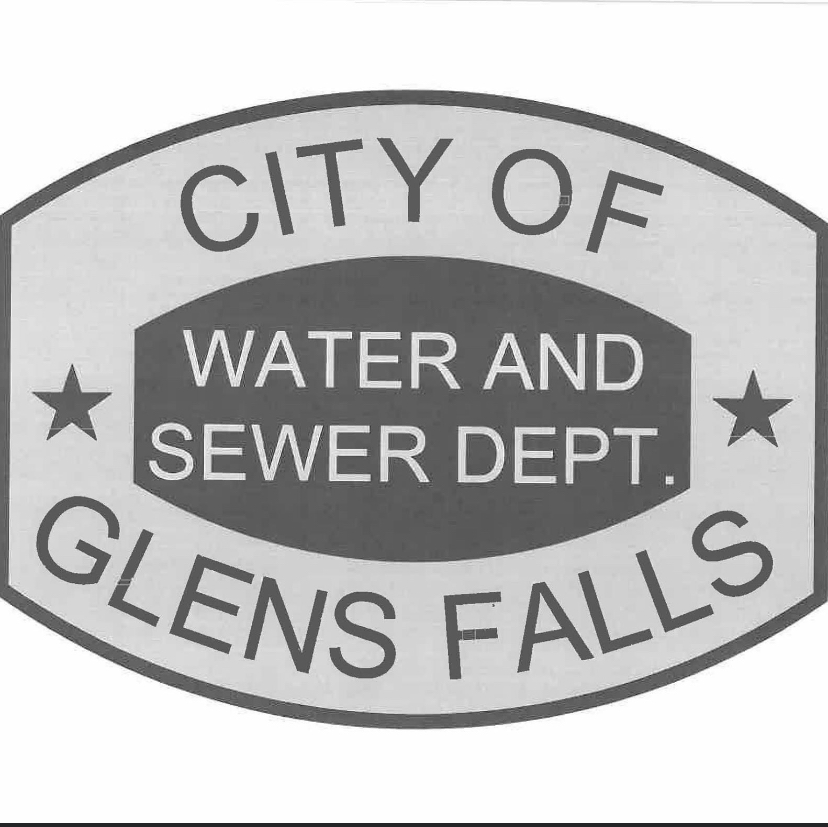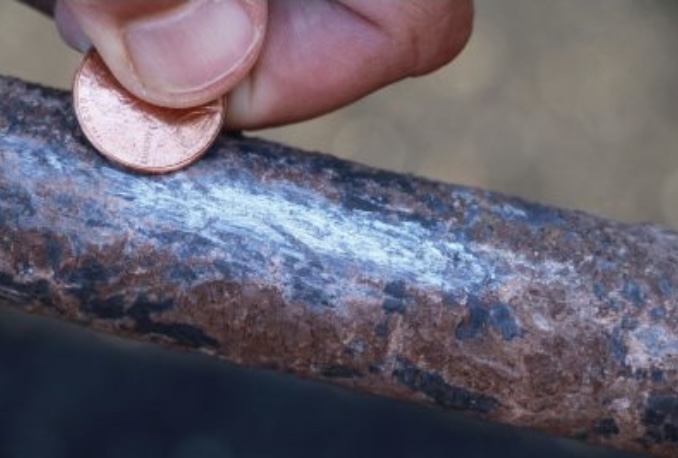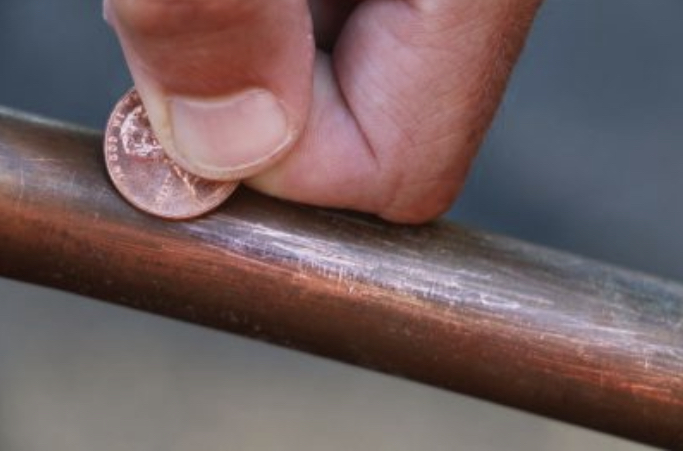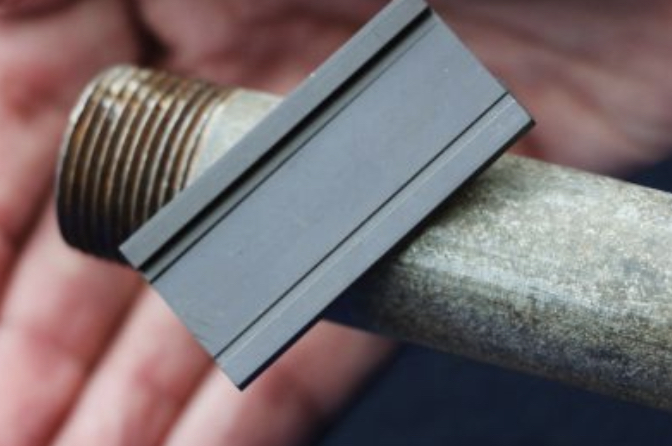The EPA and The City of Glens Falls Lead Pipe Inventory

The Environmental Protection Agency is requiring that every water utility across the United States complete an inventory of all of the water service lines by October 16th, 2024. This inventory is needed to identify and remove any lead pipes. The Water and Sewer division for the City of Glens Falls needs your help!
The EPA is amassing the inventory because there are 6 to 10-million lead service lines remaining in cities and towns across the country… There are dangerous health problems that can develop from lead exposure, as it can accumulate in your body, and has been linked to serious health ailments – which include headaches, stomach cramps, fatigue and irritability. Lead has also been linked to problems with development and health of bones, and can impair intellectual development and even damage the brain.
The Department of Water and Sewer is required to meet EPA regulations. Bill Norton – the Superintendent of the Water and Sewer department for the City of Glens Falls – oversees the drinking water, sanitary sewer system, and storm system. There’s never a typical day in the water and sewer department… There are always things that arise where the systems operate 24 hours a day, 7 days a week, and 365 days a year! Glens Falls uses about 2 millions gallons of water a day for roughly 5,000 customers.
The EPA waterline inventory needs to be completed by October 16th, 2024. The primary focus of this inventory is to identify and remove any lead pipes… The city does have records regarding the pipes, but needs public assistance in identifying the pipes that go from the curb into the house: “We are asking people to participate in identifying their pipes so that we can comply with the EPA regulations,” Norton said. “The EPA wants 100% of the information, and we have a long way to go… Right now, we are doing the inventory, and if we find any lead, we notify the EPA,” Norton said. “We have to know all of the service lines going from our mains all the way to the homeowner’s house. They are looking to eliminate any lead connections… Years and years ago, lead was the material of choice. We are fortunate that we haven’t found a lot of it in Glens Falls, but we are still required to check everything… We have a lot of unknowns. We know about 85% of our system on the city side. We are also lucky enough that our meter readers who were going in and changing transmitters and meters would look on the homeowner’s side and they would note the kind of pipe… So we have about 40% to 45% of the inventory, and we are further along than most.”
To help the Department of Water and Sewer meet the EPA inventory requirements, there are quick and easy instructions on Warren County website. It’s a bit like an elementary school science experiment!
Determining the Material of Your Water Service Line
You will need a:
- Key or a coin
- Strong refrigerator magnet
Step by Step Instructions
- Find the water meter in your basement. Look at the pipe that comes through the outside wall of your home and connects to your meter.
- Carefully scratch the pipe (like you would a lottery ticket) with a key or a coin. Do not use a knife or other sharp tool. Note: If the pipe is painted, use sandpaper to expose the metal first.
- Place the magnet on the pipe.
- Take a photo of the scratched pipe and submit your results in the form on the website.
Types of Pipes

A magnet will not stick to a lead pipe. Scratch the pipe with a penny. If the scraped area is shiny silver and flakes off, the service line is lead.

A magnet will not stick to a copper pipe. Scratch the pipe with a penny. If the scraped area is copper in color, like a penny, your service line is copper.

If a magnet sticks to the surface, your service line is galvanized steel. A scratch test is not needed. If you scratch the pipe, it will remain dull gray.
In the meantime, if your tap water tests positive for lead or you have lead pipes in your home. there are a few easy steps you can take right now:
Use a Filter – Several types of inexpensive household water filters are effective at removing lead. Before purchasing, look for a certification from NSF International that verifies the filter’s ability to remove lead. It will usually be found on the packaging.
Run the Tap Before Use – Lead levels are likely at their highest when water has been sitting in the pipe for several hours. Clear this water from your pipes by running the cold water for several minutes, which allows you to draw fresh water from the main. You can use this water on houseplants, or to flush toilets.
Use Cold Water for Cooking – Always cook and prepare baby formula with cold water, because hot water dissolves lead more quickly, resulting in higher levels in water.
Clean Aerators – Aerators are small attachments at the tips of faucets which regulate the flow of water… They can accumulate small particles of lead. It’s a good idea to remove your aerators at least monthly and clean them out.
For more information, please visit warrencountyny.gov